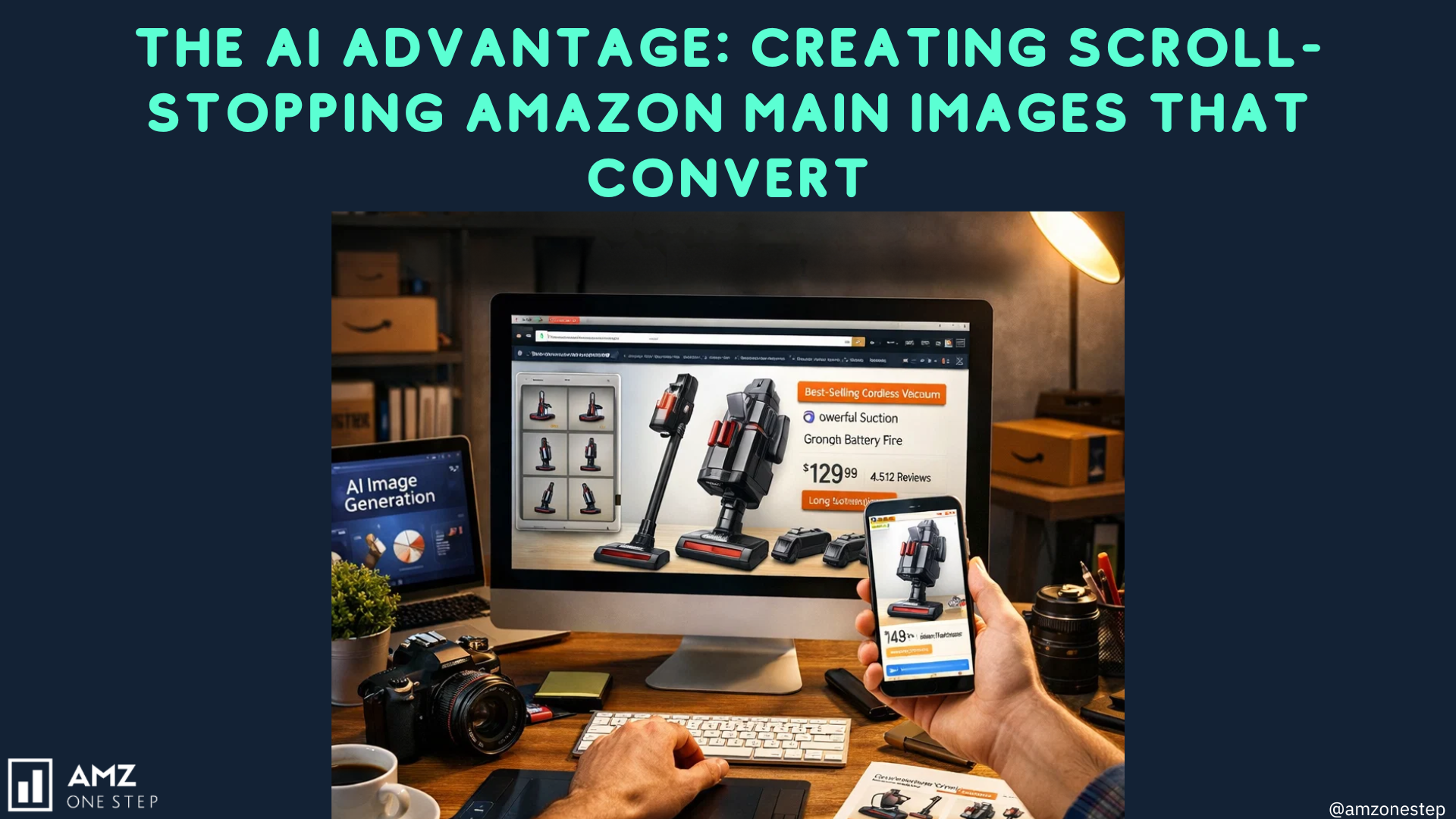Imagine, if you will, struggling with your Amazon listing because it went offline for some strange reason, and the support team could not resolve the issue. Their only suggestion was for me to delete my listing, the parent ASIN, and the child ASINs, and then reload them. The problem was that due to updates and new listing requirements, the original listing had to be modified completely to meet these requirements, and the data feed was not working as expected.
After two days of struggling to get this resolved, my seller account was shut down, out of the blue! Suspended! This is the story of my being sent to what I refer to as Amazon Jail.
Up until now, selling on Amazon seemed challenging but fun. I have always been entrepreneurial at heart and wanted to build something for myself and my family so that I could leave my “9 to 5.” I loved the opportunity to sell a product that was ethically sourced and sustainable, and I loved the fact that my product was in the arts and crafts category because I am an artist. My business was just starting to recover from the last Amazon incident last January when my most successful ASIN was turned off by Amazon while they did a Bin Check, whatever that is. Three months later, it was just getting back up to speed, and then boom, this happened. I was devastated. My business was just getting started. I had no support from my family up until now, and this—well, they were more determined to get me to quit Amazon altogether. They were not supportive at all.
I immediately contacted Amazon Seller Support, hoping to get clarity on the specific violations. The response was vague, leaving me frustrated and anxious.
Unfortunately, the responders to my plea would have nothing to do with it. They basically read from a generic script as they always do. The suspension was based on a generic policy written years ago (as I later learned), which is more of a catch-all that Amazon uses when they can’t really identify what the seller did wrong but want to find a reason to deactivate the account.
I had done none of those things but was caught up in that quagmire of a policy. Unfortunately, the responders (the “Amazon Police”) take that policy seriously and presume that the seller is guilty of every item in the policy and treated me as such. There is virtually no recourse unless you know what you are doing. Well, I did not, and I was willing to admit that.
I “phoned a friend” who told me that this was more like a generic request where they wanted to verify my identity, but I was still troubled by the fact that they were also asking for supply chain documents. He told me that the more you respond, the further down the process you get, and the harder it is to get your account reactivated. The best advice he gave me was to do nothing until I heard back from Amazon and follow their instructions.
The strange thing was that I was receiving two different sets of instructions from two different sources at Amazon. The first set of instructions was to schedule a call/interview with them and send them the supply chain documents they requested, so that is what I did.
The second set of instructions was a link to send additional data and write commentary about the data provided (similar to an appeal). But knowing that I had responded to the previous emails with my comments about the deactivation being in error, I knew I was further along in the process.
After further inquiry with another Amazon Expert, I found a consulting firm (the “Firm”) that was expert in this area. They are a partnership of former Amazon employees who have dealt with this situation from the Amazon side and know exactly how to handle this type of situation. Apparently, it happens quite a bit because most of these suspensions are made by Amazon bots.
Read More: Must-Join: Top 5 Amazon Communities for Sellers
I hired the Firm, which was the best decision I could have made. It put me at ease (despite the fee). They explained to me what really happened from the Amazon side and how it should be resolved. I soon realized that regardless of how wrong I felt this was, it didn’t matter because I would need to play the game to get my account reactivated. I was willing to keep my ego in check to resolve this issue, so I just played the game.
With the help of the Firm, I fixed the flaws in the data that I had originally provided to Amazon, organized my documents in a way that would be logical to the Amazon Police, and submitted a statement exactly how they would need to see it. In parallel, Amazon had requested (on three separate occasions) that I schedule an interview with them, each time as if I had never responded to them before. I was supposed to hear back from them 48 hours prior to the call that they were going to set up.
Finally, four or five of the selected dates had passed (about three weeks later with a still suspended account), and then 24 hours before they scheduled the call, I received the email that my call was to happen at noon the following day! I reached out to the Firm to make sure I was prepared, and they drilled me and made sure I had everything I needed.
The call was a success. The Amazon agent told me that I needed to send specific documents (which I had already provided twice before) and that after 5 business days of receiving those documents, my account would be reactivated. All I can say is OMG! What a relief.
I only sent in the documents this morning, so I am not expecting any news before next Monday, but at least I feel hopeful now. If I am not successful, I know that the Firm will be there to support me in any next steps.
Read More: Training Videos for New Amazon FBA Sellers
Lessons learned:
- Know the Policies – Be aware of the Amazon policies and do your best to stay in compliance. I had not violated any policies, but this is still an important lesson.
- Be Patient– Don’t respond to Amazon right away if your account gets suspended. Each time you respond, it could take you to the next level of suspension. After a certain point, there may not be a way out. Find the right representation (an expert) to help you immediately so that you can respond appropriately upfront. Had I sent in my data differently or responded differently, perhaps I wouldn’t have had to wait so long to get out of this mess. I had great data, but perhaps an expert would be better at compiling the appropriate response.
- Keep Great Documentation and Accounting Records – Always make sure you retain all of your supply chain records, import, export, supplier, shipper, etc. Also, retain good bank statements and other proof of payment for these expenses. All will be requested. I was fortunate to have this at my disposal.
- Be Proactive– Stay on top of any issues to be sure that you are always in compliance. I didn’t have a problem here, but as long as you can prove you are compliant, the issues will be resolved more quickly.
So, while I am still in Amazon jail for now, my stress level is much lower than it was when it first happened. What I really want to stress here is always keep good documentation, and make sure that you know who the experts are in case you need them. Navigating Amazon’s complex system may be tough, but with perseverance, you can overcome even the most daunting challenges.

Hi there! I’m the content marketing and branding specialist for AMZ One Step. I work hard to create engaging and informative content that helps our readers learn more about Amazon selling and how to make the most of their businesses. I love spending time with my family and exploring literary works when I’m not writing or working on projects.





























